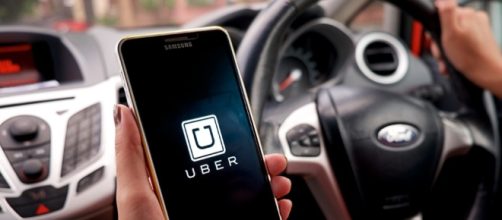There was a time when the name Uber was close to being the be-all and end-all of online ride-hailing services. But lately the company has been finding itself in some new difficulty or other, especially when it comes to getting more drivers and car owners to work with them. It’s gotten bad enough that at one point in time, from January to March 2015 they went so far as to take their recruiting drive to Craiglist, with the attractive promise of hourly pay rates; Uber was boasting $25 per hour for drivers in Boston, for instance. Needless to say, the reality was a far cry from the expectations.
Uber drivers were not amused, and by Thursday January 19 the ride-hailing service has agreed to pay the affected drivers what was advertised, with total payouts amounting to $20 million.
False advertising
The pickle that Uber finds itself in started when they began posting on their site and media some statements on just how allegedly lucrative being an UberX driver can be. They cited 18 cities wherein their service operates; the most moneymaking locales for Uber are San Francisco and New York City, where they claimed a possible annual income that goes past $74,000 and $90,000 respectively. Unfortunately the US Federal Trade Commission (FTC) caught wind of these breezy ads and did some investigating on their truthfulness.
As it turns out, the Uber drivers who work in these cities, assuming a 40-hour work-week, could only dream of reaching such lofty heights, with real estimates being less $21,000 in San Francisco and less $29,000 in NYC. And the poor “misled” drivers can forget the ideal $25 an hour rate; Baltimore Uber drivers make do with $16 by the hour and only 20% of the drivers in the area can hit that. In other cities less than 20% of Chicago-based Uber drivers earn $21 while Minneapolis is a dismal 10% of the drivers there making a disappointing $18.
Not guilty
While the $20 million payment to Uber drivers is on, the company itself tries to paint the whole situation in a more positive shade by saying they merely acquiesced to the FTC demands despite disagreeing with the rate calculations they’ve made.
A spokeswoman of the ride-hailing firm states that a mutual agreement has been made with the trade commission, to modify how Uber advertises the earning scheme for any new prospective Uber drivers, along with better conditions for their operators.
The drivers tell a divergent tale of course, saying how their Uber earnings actually don’t make for allowances in both gas for their cars and regular maintenance. In their experience, the idyllic life of a driver who shares rides on behalf of Uber is not at all like their current lot, and they’re happy that the FTC is taking steps to address their problems.

